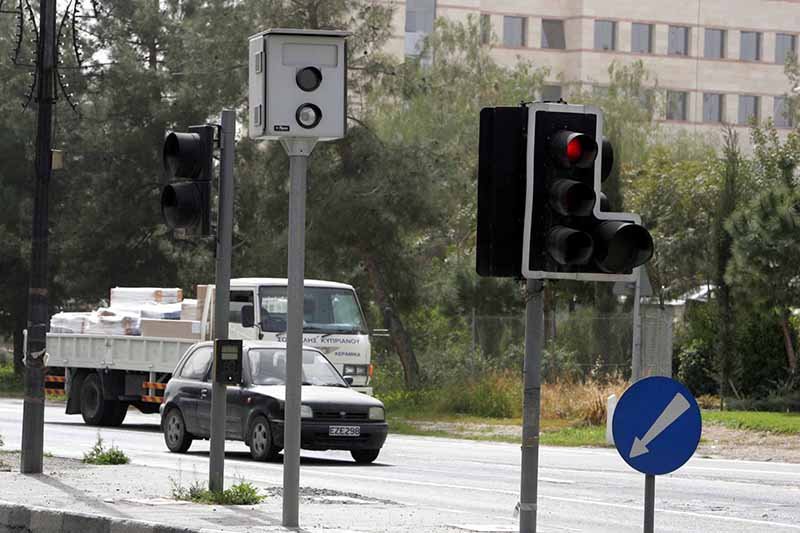Smart traffic lights to be installed in 125 locations in Nicosia and Limassol | Cyprus Mail
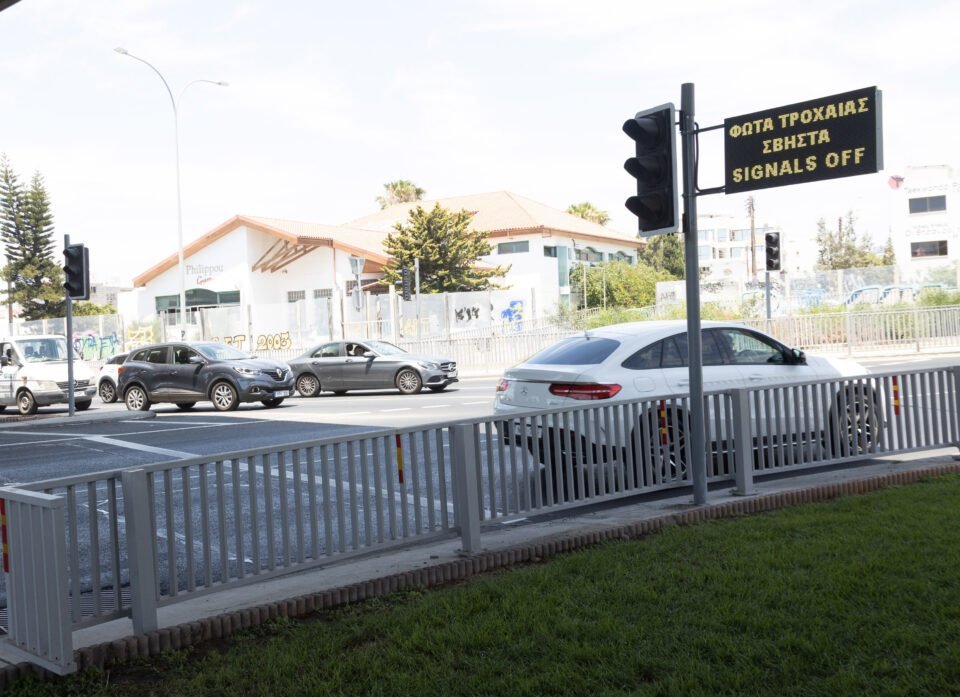 Smart traffic lights are to be installed at 125 locations in Nicosia and Limassol as part of a smart traffic management system, Transport Minister Yiannos Karousos said on Friday.
Smart traffic lights are to be installed at 125 locations in Nicosia and Limassol as part of a smart traffic management system, Transport Minister Yiannos Karousos said on Friday.
He told reporters during a visit to Limassol that tenders will be invited in about two months.
“There will be sensors that will receive all the data and the system will decide how much priority to give each time,” he said.
A similar system was introduced at the Ayia Fyla roundabout, to a mixed reception from the public but praise from the ministry which said it had cut travel time in half.
Karousos said there will be a central management system at the department of public works and that municipalities would also have a say in the system.
Smart traffic lights will reduce waiting times for drivers and ease traffic congestion. Moreover, the system will be able to identify buses, ambulances and taxis and give them priority, he added.
As regards the remaining roundabouts on the Limassol highway, Karousos said that a study was underway for a similar system as that at Ayia Phyla. “If it shows that there will be improvement, we will go ahead and install smart traffic lights at those roundabouts too,” he added.
The ministry has already signed a contract that is currently being implemented to install sensors and cameras on the motorways to provide data that will be displayed to drivers on electronic placards. Information will be provided on issues such as congestion and accidents, and alternative routes proposed so as to improve traffic flows.
Source: Smart traffic lights to be installed in 125 locations in Nicosia and Limassol | Cyprus Mail

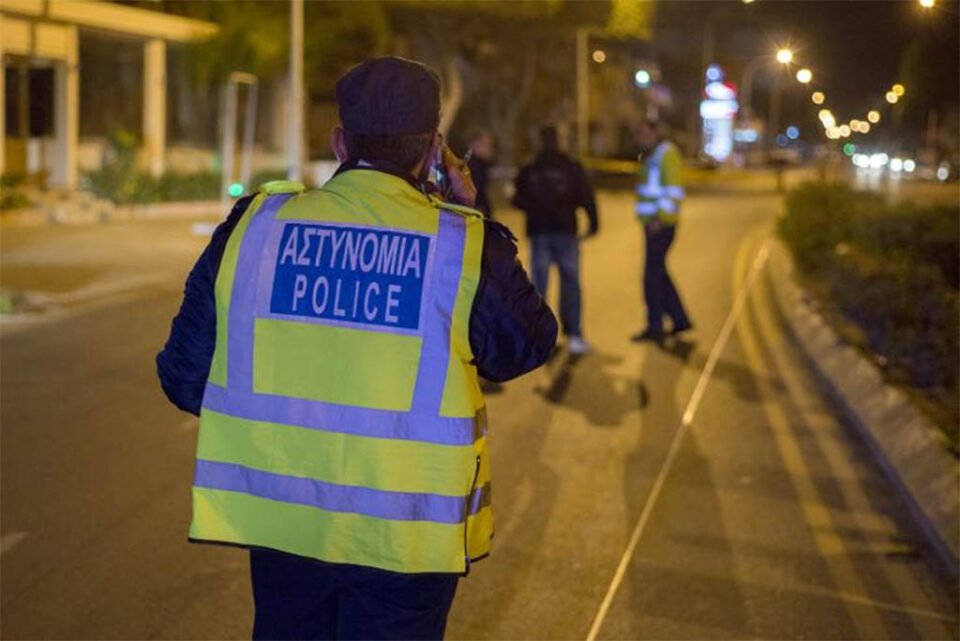
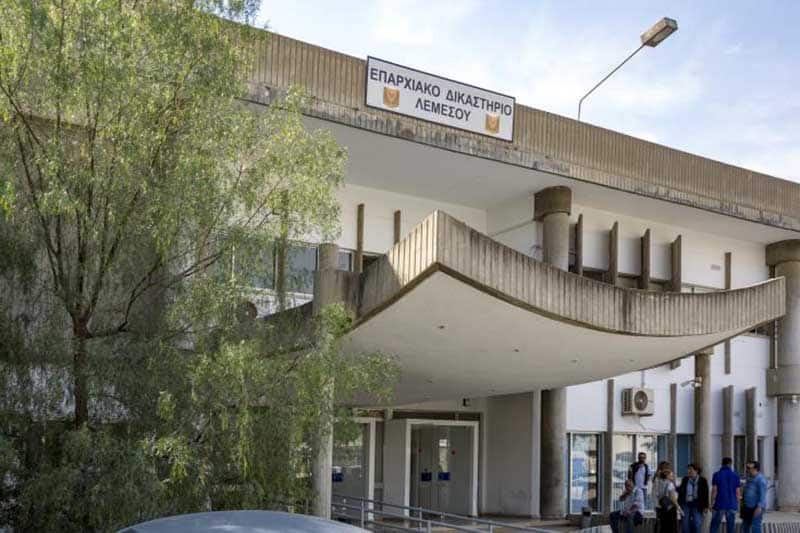
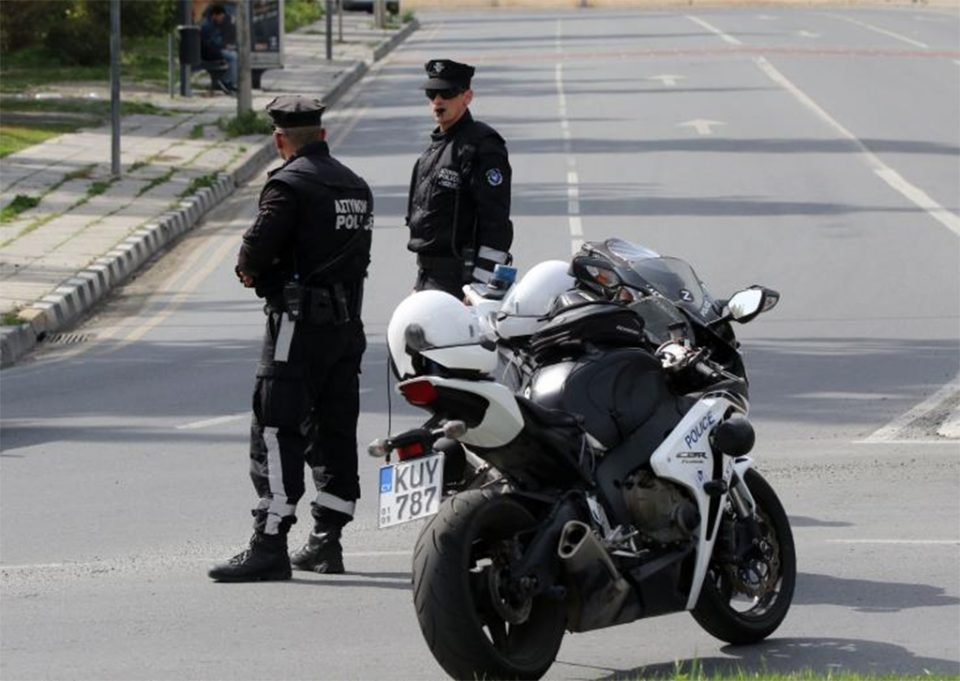 Police booked around 1,300 drivers for various traffic offences between March 4 and 5, they said on Sunday.
Police booked around 1,300 drivers for various traffic offences between March 4 and 5, they said on Sunday.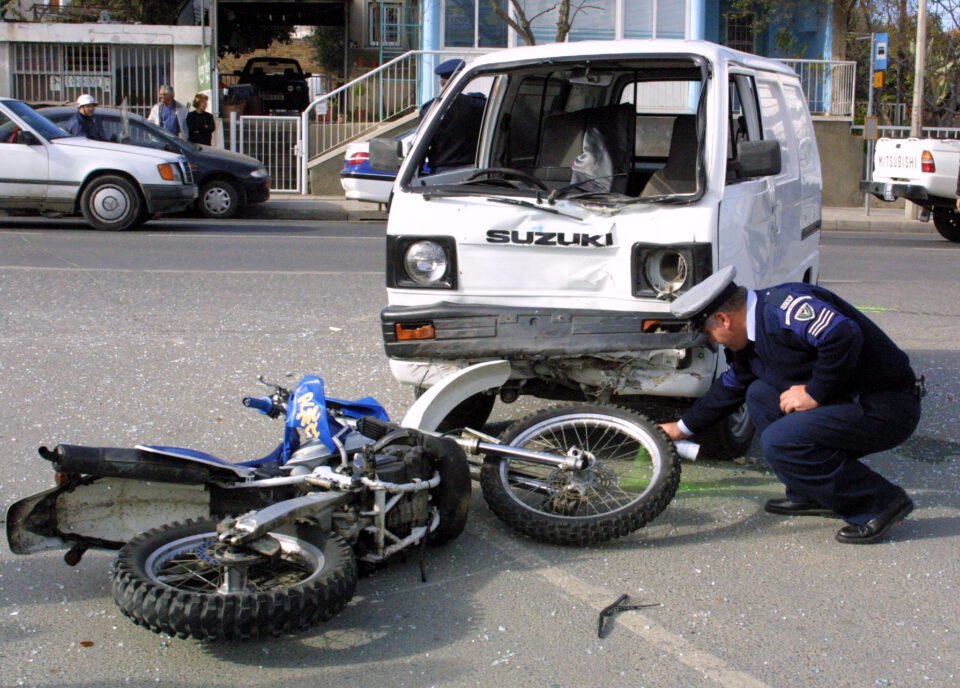
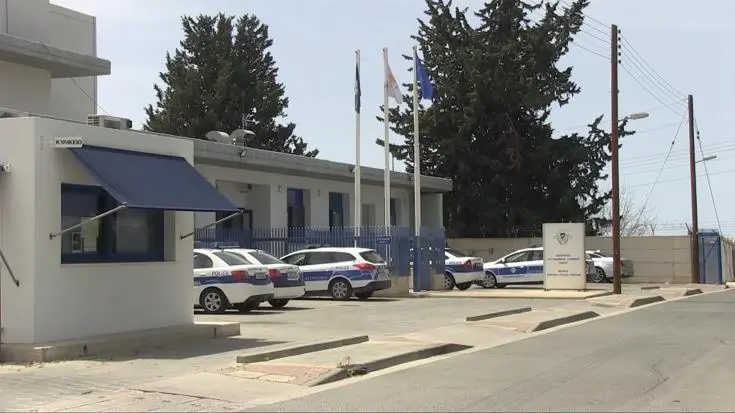
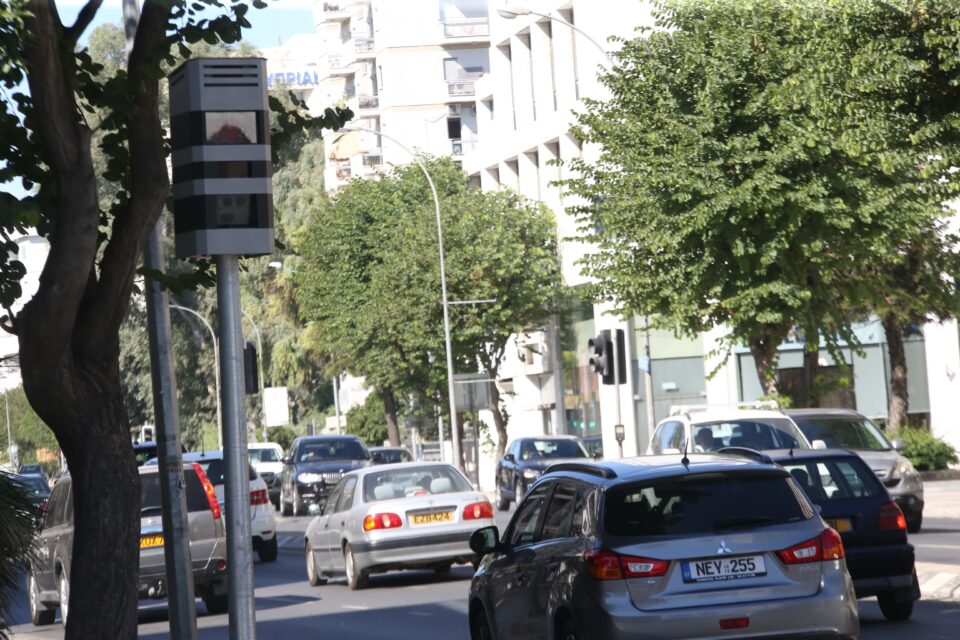
 Road safety lessons at school could become a prerequisite for young drivers to secure their learner’s licence as government ministries discuss measures to improve driving standards.
Road safety lessons at school could become a prerequisite for young drivers to secure their learner’s licence as government ministries discuss measures to improve driving standards.